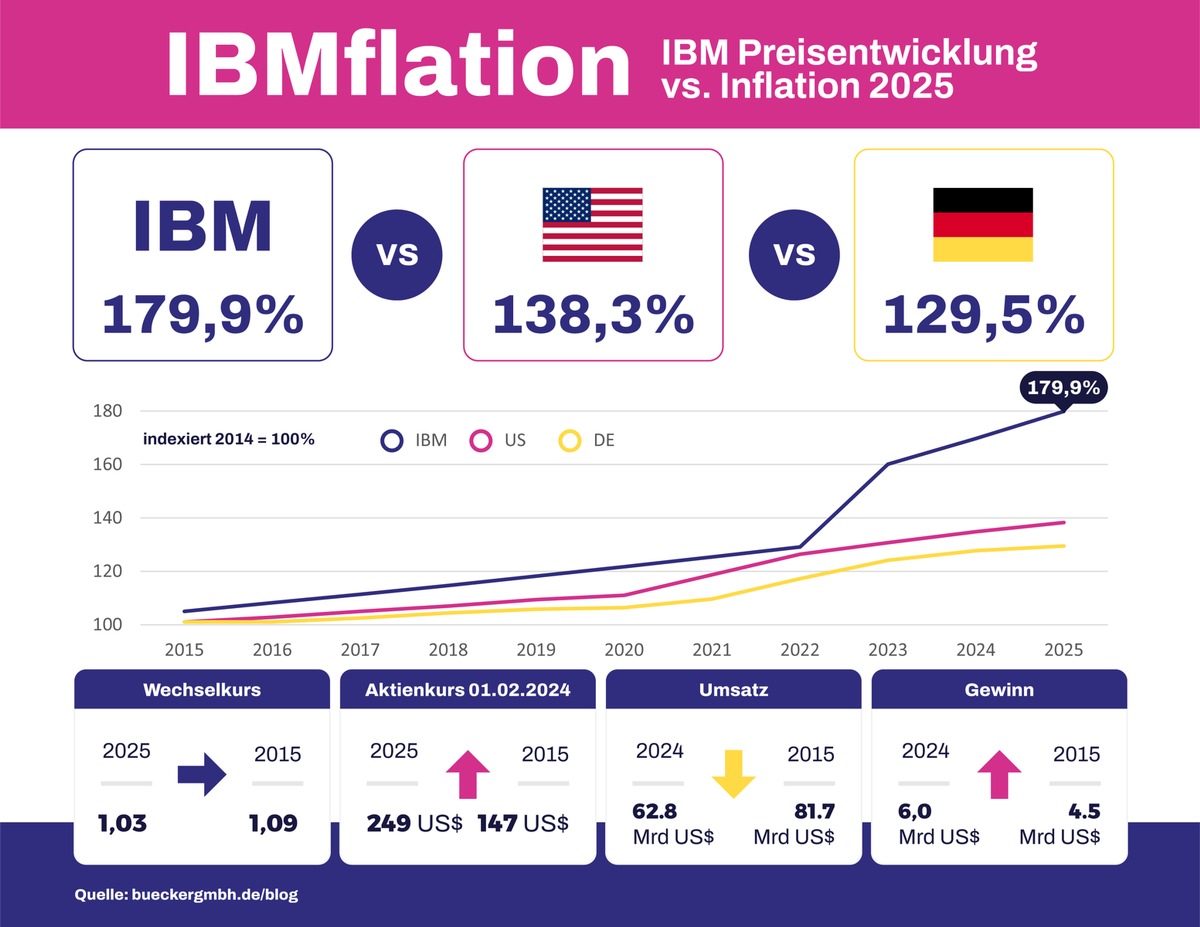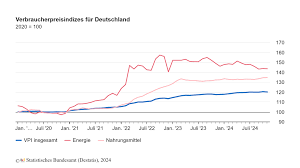The Importance of Inflation Understanding
As South Africa emerges from economic fluctuations and strives for stability, the implications of inflation continue to significantly impact citizens’ daily lives and the economy at large. Inflation, defined as the rate at which the general level of prices for goods and services rises, erodes purchasing power and influences interest rates, investments, and fiscal policy. As we look ahead to 2025, it’s essential to decipher the trends and economic indicators that can inform the public about potential inflationary scenarios.
Current Economic Landscape
As of now, South Africa is experiencing a mixture of economic pressures, marked by high living costs and rising fuel prices, which contributed to an inflation rate of about 6% in 2023. Factors such as global supply chain disruptions, increasing demand for goods, and domestic policy decisions have all played a role in driving inflation. In this environment, forecasts for 2025 suggest that inflation could remain a critical concern as the economy attempts to rebound from the post-COVID-19 disruptions.
Factors Influencing Inflation in 2025
Several key factors will influence inflation heading into 2025:
- Global Economic Trends: International commodity prices, particularly for food and energy, will significantly impact local inflation rates. If rising costs continue internationally, South Africa may experience similar pressures.
- Monetary Policy Decisions: The South African Reserve Bank (SARB) plays a critical role in managing inflation through interest rate adjustments. Analysts predict that if inflation persists, SARB may increase interest rates to curb excess spending.
- Domestic Production Capacity: Enhancements in local production capabilities could alleviate some inflationary pressures by increasing supply, thus controlling prices.
Projected Inflation Scenario for 2025
According to economic analysts, inflation in South Africa could range between 5.5% to 7% in 2025, depending on the aforementioned factors. Economists suggest that successful fiscal policies focused on managing structural issues such as unemployment and local production could lead to lower inflation rates.
Conclusions and Forecasts
Inflation will remain a pivotal aspect of South Africa’s economic discussion in the coming years. The government and monetary authorities will need to implement strategies that not only address current inflation but also navigate potential future challenges effectively. For consumers, understanding these trends will be crucial in making informed financial decisions in the years leading up to 2025. Thus, staying informed about economic indicators and government policies will empower citizens to better manage their finances in an unpredictable economic landscape.


